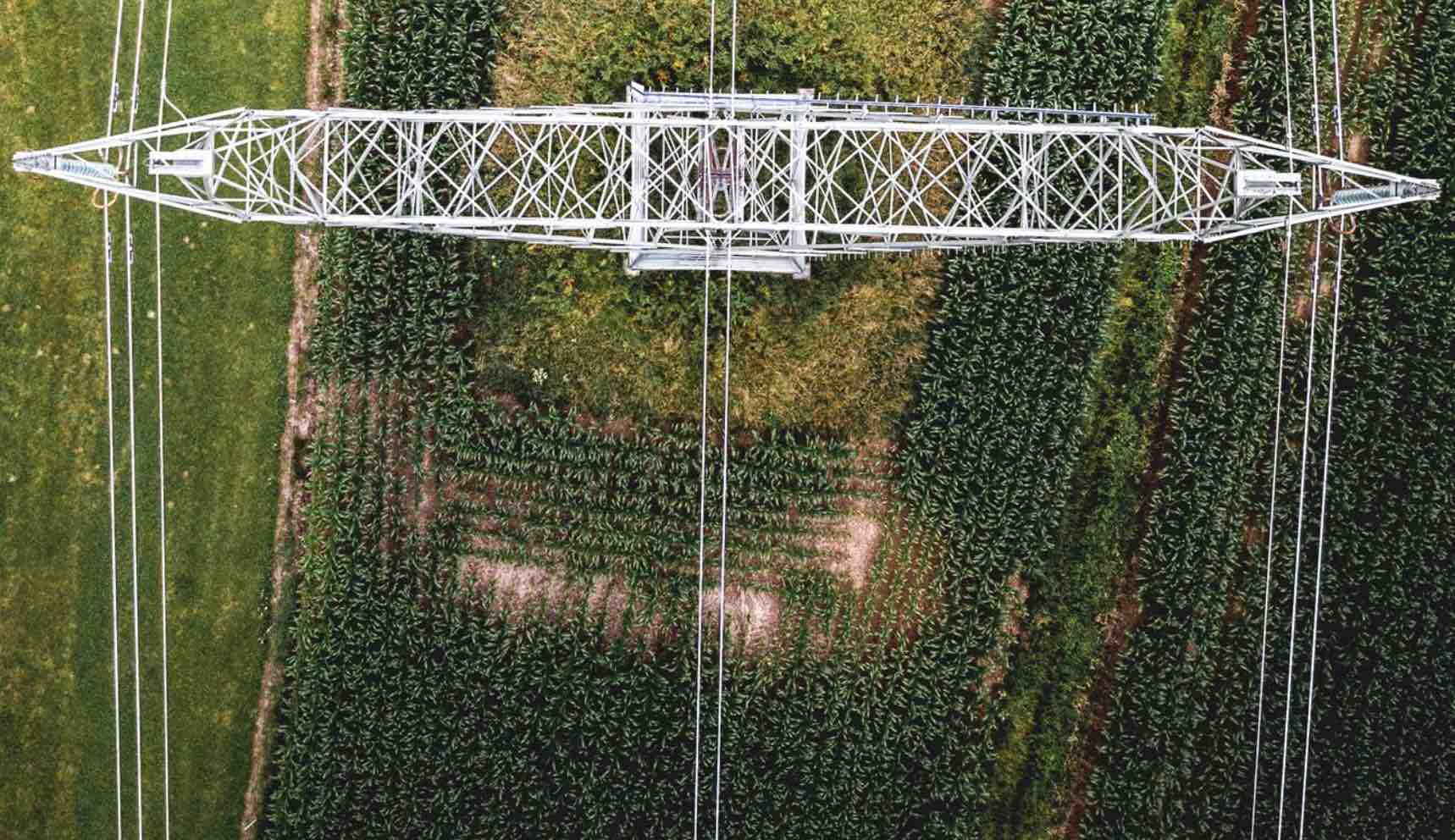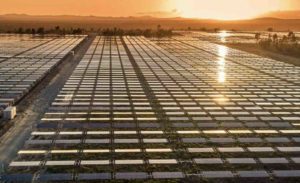Network owner and takeover target Spark Infrastructure says investment in wind, solar and battery storage is expected to deliver significantly higher returns that its traditional poles and wires business.
Spark, subject to a now agreed $5.2 billion offer from international investors KKR and Ontario Teachers, says its strategy is now focused on “reinventing the green grid”, as it looks to major infrastructure projects and a multi-billion play in renewables and battery storage.
Spark is planning to become a major player in the renewables business, unveiling a 2.5GW renewable energy zone in south-west NSW, including wind, solar and storage.
It also proposes a 300MW two hour battery on the outskirts of Melbourne in Victoria, a 600MW wind farm in South Australia, more wind farms and solar plus storage projects in NSW, and an expansion to the 100MW Bomen solar farm.
“We are expecting to see double digit equity internal rates of returns,” CEO Rick Francis told analysts at the company’s interim profit briefing on Wednesday.
“We are actively in selectively exploring opportunities in wind, solar, storage in green hydrogen, including in the Dinawan renewable energy hub, and across the NEM to complement our ongoing investment in energy networks.
“The inbound interest to participate with us on renewable projects is significant, and that gives us the possibility to crystallise those projects.”
Those renewable energy projects are expected to largely dove-tail with the major transmission lines it is expecting, or hoping, to build, such as the $2.3 billion Project EnergyConnect link from South Australia to NSW, and the $3.3 billion Hume link connecting Snowy 2.0 with the rest of the grid.
But there is a big question mark over whether this is also what KKR and Ontario Teachers have in mind. They have yet to reveal their hand, either in formal documents or in interviews, and Francis said while it was clear they were attracted to the regulated (although smaller) returns from networks, they were also keen on the green strategy.
Any insight into KKR and Ontario Teachers’ real intentions may not come until a scheme booklet is released in coming weeks. The $2.95 a share bid also requires approval from the Foreign Investment Review Board, as well as shareholders.
“The two companies have consistently said that they highly value assets and businesses that are critical to the energy transition and decarbonisation efforts,” Francis said.
Spark’s business is still dominated by its $6.9 billion regulated asset base, largely network infrastructure, that delivered an operating profit of $402 million in the first half, down 7 per cent as the market regulator clipped the wings on the returns that networks could make from the poles and wires.
New regulatory rulings for the coming five year period and low inflation mean that revenues for its network businesses will face downward pressure, but the company is confident about the higher risk, higher return push into renewable and battery projects.
“We remain committed to growing our contracted renewables business and have built an exciting pipeline of high quality development opportunities,” the company said.








